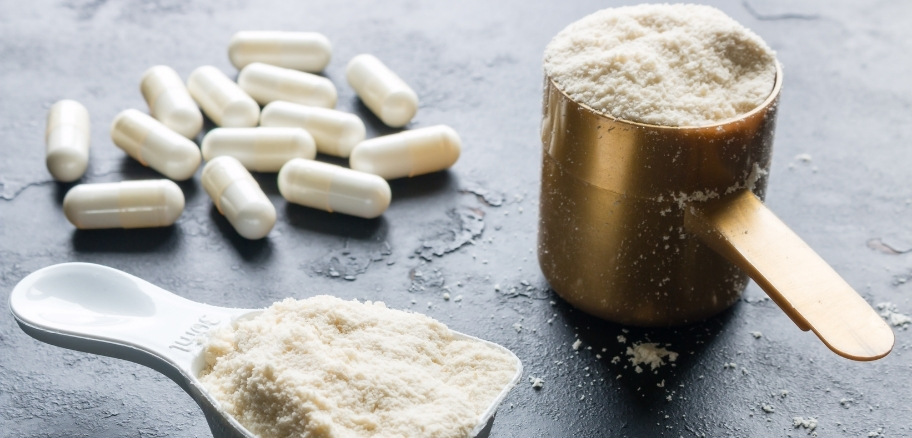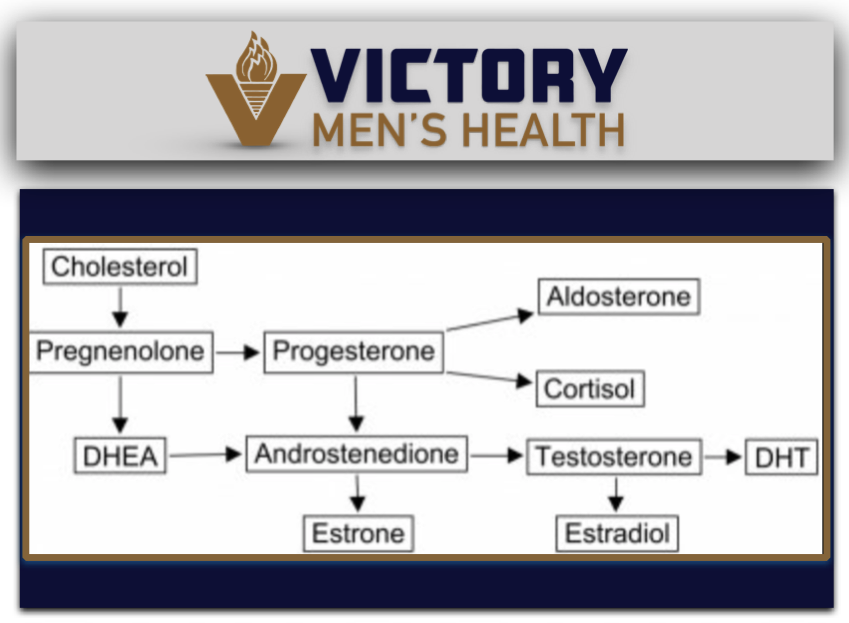Testosterone Boosters – Boost or Bust
category: Testosterone

Have you ever bought an over-the-counter Testosterone Booster? Boosters are easily accessible and sold at most major supplement stores. The marketing is flashy and promises to give you hulk-like muscles, make you Hugh Hefner in the bedroom, and even improved penile length. Seem too good to be true? You are correct.
Despite the popularity of over-the-counter boosters, the scientific rationale often remains unproven. Over 90% of boosters claim to increase testosterone, however studies found that less than 25% had any research or data to support their claims. Shockingly, 10% of the supplements studied caused a NEGATIVE impact on testosterone.
Testosterone Boosters – More harm than good
Testosterone boosting supplements are not only a scam but can actually cause more harm than good. Unlike pharmaceutical medications the supplement industry is not regulated by a governing body. For the consumer this means that what’s on the bottle may not be what’s in the pill you are purchasing. Without regulations and rigorous laboratory testing, one cannot be confident in the quality or efficacy of the product. Bad storage conditions and unreliable ingredient sourcing are often to blame for a poor product. The quantity of each ingredient has also been noted as a potential issue. One study found that many of the tested boosters had super doses (over the tolerable limit) of the vitamins and minerals.
Testosterone Boosters bought over the counter have gained popularity as consumers are looking for a way to “naturally” raise their own testosterone. In a society of instant gratification, popping a pill daily is much more convenient then going to a doctor, exercising, and eating right. The main concern with most of these supplements is that they are taken in the oral form. When taken in the oral form, boosters have to go through the liver to be digested which in turn can lead to issues in the liver and kidneys. According to a study in 2019, about 13% of acute liver failures are a result of supplement-induced liver injury.
Research based ways to further optimize
The safest most effective way to optimize your hormones is through a physician monitored testosterone replacement therapy. If your hormones are already optimized, the following vitamins/hormones can be the next step in optimization.
Vitamin D- What is known as the sunshine vitamin is not a vitamin at all! Vitamin D is actually a hormone that regulates the synthesis of testosterone. Researchers found that a vitamin D deficiency, defined by levels less than 20ng/ml, is independently associated with testosterone deficiency. Men with Vitamin D deficiency were 2.65 times more likely to have testosterone deficiency compared to those with levels above 20 ng/ml. Vitamin D effects production of natural and free testosterone along with formation of male sperm cells. Supplementation with Vitamin D has been associated with higher levels of testosterone and sex hormone binding globulin.
Zinc– Zinc is a nutrient that is found in our cells that helps in making proteins, DNA, genetic material, and helps our immune system fight bacteria and viruses. At the peak of COVID19, most stores and online stores were sold out of zinc for this reason. Research shows that a deficiency lowers testosterone levels by inhibiting prolactin secretion (testosterone inhibiting hormone). Overtraining in the gym can also lead to a zinc deficiency. Zinc is present in most multi-vitamins but is also available independently. A true zinc deficiency would need to be determined by bloodwork. Be sure to ask your physician about the correct form of zinc as most over the counter supplements are not available in best absorbing form.
Magnesium– Magnesium is a mineral typically found in foods high in fiber like green vegetables, seeds, and nuts. Several studies suggest a correlation between magnesium and an increase in free testosterone. Free testosterone is the unbound, biologically active portion of testosterone, AKA available for our bodies to use. Like zinc, a blood test would need to be performed to determine if there is deficiency.
DHEA– Dehydroepiandrosterone (DHEA) is a steroid hormone secreted primarily by the adrenal glands and a small amount in the testes. This hormone is oftentimes referred to as the “mother of all hormones” because it fuels the hormone pathway. DHEA is the precursor to many other hormones which helps maintain health hormone levels and promotes the stress response, to reverse stress-induced physiological responses and supports healthy aging.
DHEA is a precursor hormone the majority of other sex hormones including, testosterone, progesterone, estrone and estradiol. Clinical studies have demonstrated its ability to maintain hormonal balance and back fill hormonal pathways.
Pregnenolone– is a prohormone that is made in the brain and adrenal glands and small amounts in the liver, skin, brain, and testicles. Pregnenolone plays a key role in hormonal balance as a key precursor to cortisol, DHEA and progesterone, and helps maintain balance in the body’s stress response. Pregnenolone levels peak during youth and continue to decline with age. Nicknamed “The Father of all hormones” because it is a parent compound to other vital neuro-steroids such as DHEA.

If you are starting to have symptoms of low testosterone getting tested and seeing a doctor is the best first step. Outside of a prescription for testosterone there is very little research to support over the counter testosterone boosters.
Further References
[1] Heavy Resistance Training and Supplementation With the Alleged Testosterone Booster Nmda has No Effect on Body Composition, Muscle Performance, and Serum Hormones Associated With the Hypothalamo- Pituitary-Gonadal Axis in Resistance-Trained Males. J Sports Sci Med. 2014 Jan 20;13(1):192-9. eCollection 2014.
[2] Maggio, Marcello, et al. “The Interplay between Magnesium and Testosterone in Modulating Physical Function in Men.” International journal of endocrinology2014 (2014).